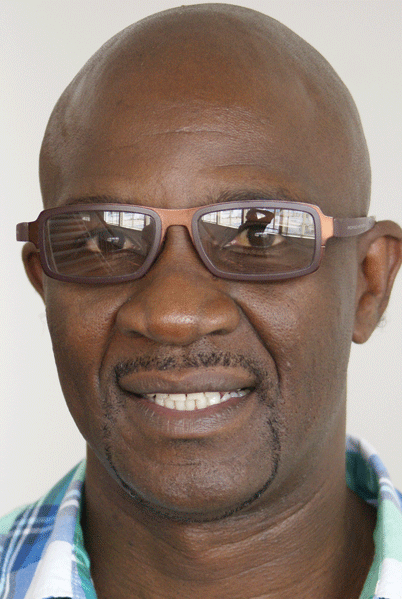
IT has been a 150 years since Henry Thoreau who itched a full century before everyone else began to scratch, complained that the world was increasingly just a place of business.
He groused: “What an infinite bustle. I am awaked almost every night by the panting of the locomotive. It interrupts my dreams. There is no Sabbath. It would be glorious to see mankind at leisure for once. It is nothing but work, work, work.”
Little did he know, today the roads of commerce, paved and smoothed, reach into every nook and cranny of the republic. There is no place apart, no place where we would shut off the drone of traffic.
Today we quite literally live to work and it hardly matters what kind of work we do; the process justifies the ends. Indeed, at times it seems there is hardly an occupation however, useless or humiliating or down right despicable that cannot at least in part be redeemed by our obsessive dedication to it.
Increasing it seems our world is dividing into two kinds of activities. Those that aid work or at least represent a path to it and those do not. Activities in the first category are good and noble; activities in the second are not.
Thus, for example education is good because it only presumably lead to work. Playing the piano or playing rugby are good things for a 15-year-old to do not because they might give him some pleasure, but because rumour has it that some schools are interested in students who can play rugby or swim quickly.
Point the beam anywhere and the passion for work can be seen busily tramping out the vintage. Rain is bemoaned because it keeps us from getting to work.
Hobbies are seen as either ridiculous or self-indulgent because they interfere with work. Longer school days are celebrated not because they make education or psychological sense, but because keeping children in school longer makes it easier for us to work.
- Chamisa under fire over US$120K donation
- Mavhunga puts DeMbare into Chibuku quarterfinals
- Pension funds bet on Cabora Bassa oilfields
- Councils defy govt fire tender directive
Keep Reading
Meanwhile, time grows short, the margin narrows, the white spaces on our calendars have been written in for months. We are angry about this, upset about that, but who has the time to do anything anymore?
There are reports to report on, memos to remember, e-mails to deflect or delete. They bury us like quicksand.
The alarm rings and we are off, running so hard that by the time we stop we are too tired to do much of anything except nod infront of the TV which like virtually all the other voices in our culture, endorses our exhaustion, fetishises and romanticises it and by daily adding its little trowelful of lies and omission helps cement the conviction that not only is this how our three scores and ten must be spent but that the transaction is both noble and necessary.
Everyday we reminded that time is money (though only a few have resisted that loathsome platitude, the alchemy by which the very gold of our lives is transformed into the base lead of commerce). The words such as “successful entrepreneurs work continuously” are beamed into our cerebral cortex a thousand times a day. What it says is that in order to be successful we must not only work, but work continuously and it assumes that time is inversely proportional to wealth; thus our time demands will increase the harder work and the more successful we become. It is an organic thing, a law almost. Fish have to swim birds have to fly and you have to work like a dog till you die. Aesops fable of The Ant and the Grasshopper has become our guiding principle when it comes to work. According to the fable, the grasshopper spends the summer making music in the sun while the ant toils with his fellow formicidae. Inevitable winter comes and the grasshopper that has not planned ahead runs out luck. As we look about today, we realize that the dominion of the acts has grown enormously. The business of business is everywhere and inescapable, the song of the buyers and the sellers never stops, the term “workaholic” has been folded up and put away. We have no time for our friends or our families, no time to think or to make a meal. Money is eating time. The cost of money is well on the way of bankrupting us. We are impoverishing ourselves, our families our communities and yet we cannot stop ourselves worse we do not want to. We have even succeeded in transforming ourselves into bipedal products, paying richly for seminars that teach us how to market the self so that it may be sold to the highest bidder. Keeping busy means we have no time to think, to mull if have no time to piece together the sudden associations and unexpected, mid shower nights that are stuff of independent opinion then we are less citizens than cursors easily manipulate dand vulnerable to the currents of power.










